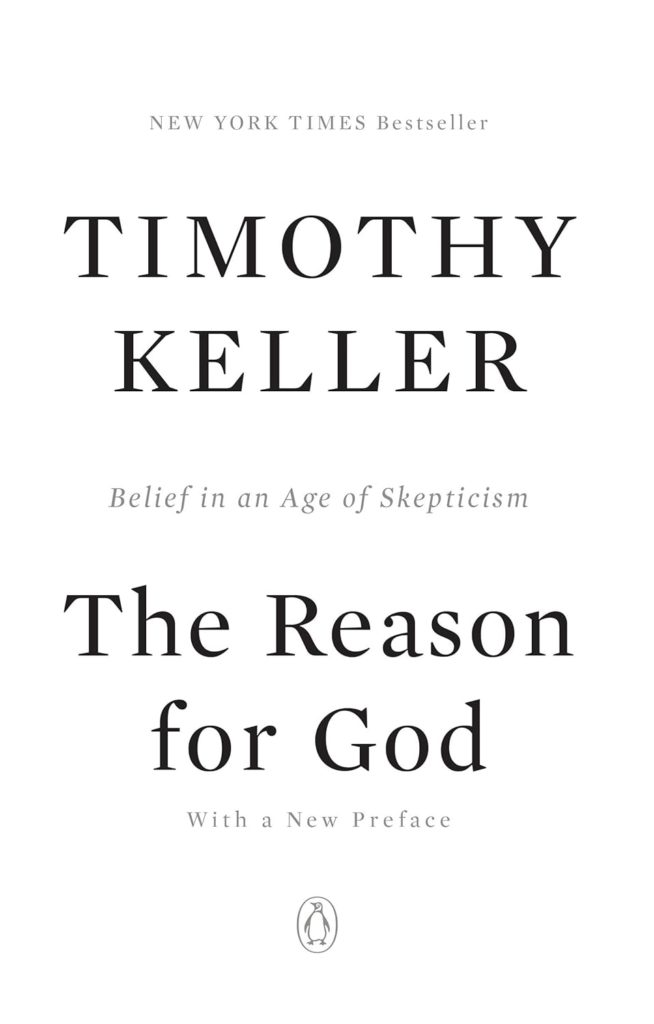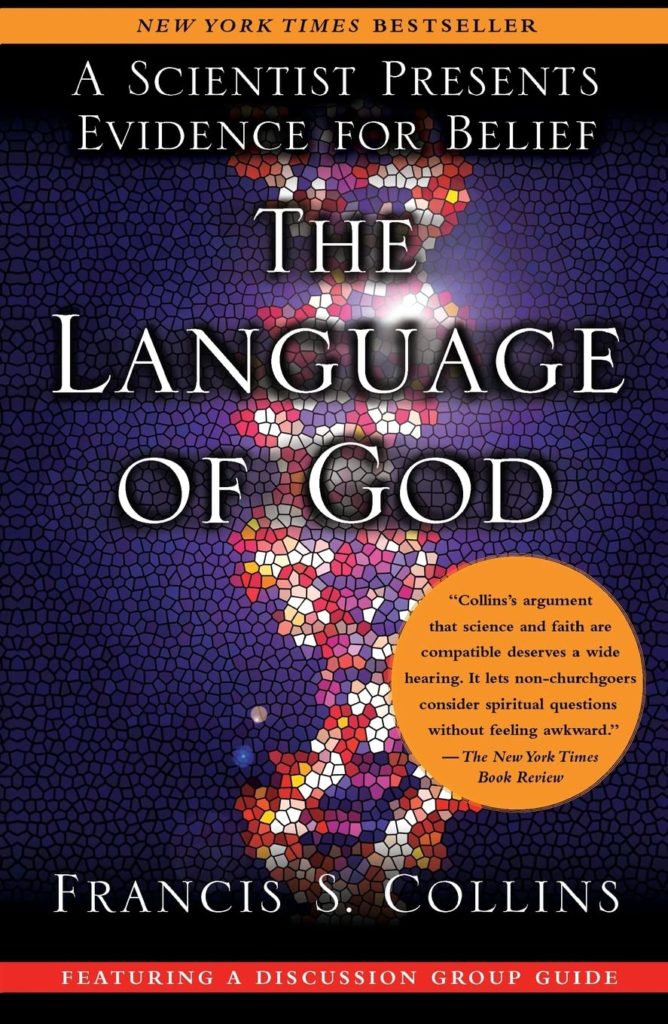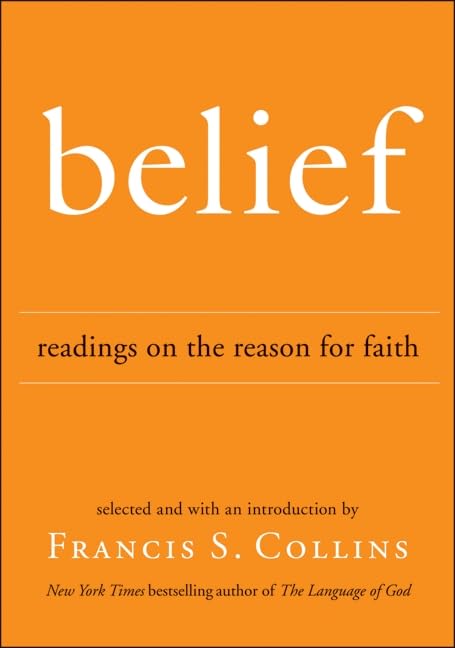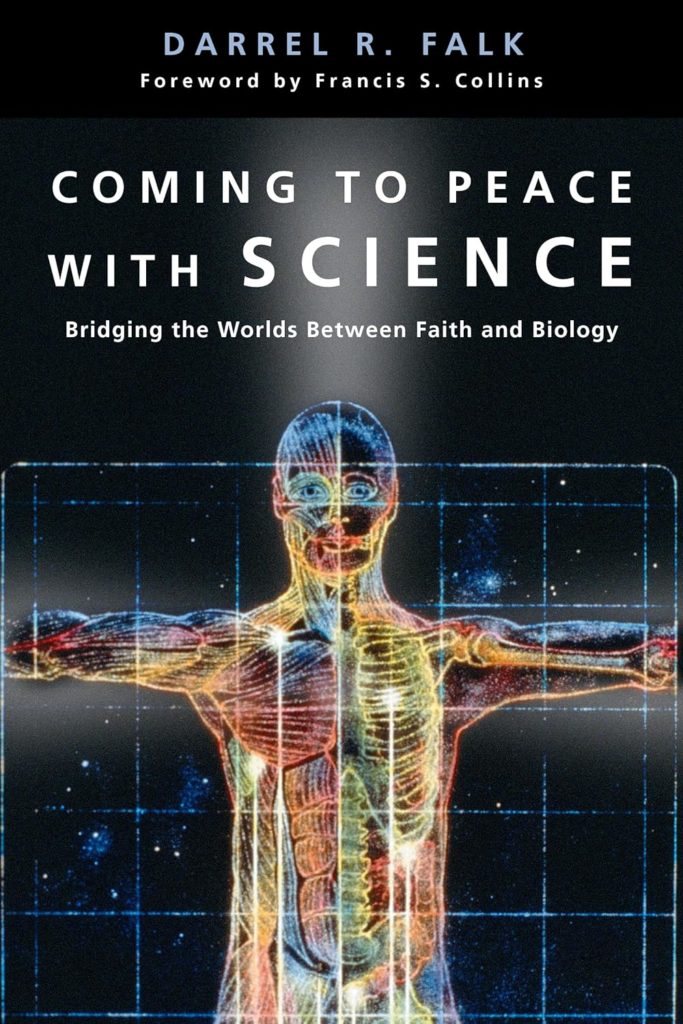As a Christian who is a professor and scientist, I have a long-term interest in understanding the intersection between my Christian faith and science.
The Christian view is that the Bible is the primary way in which God communicates information about himself to humankind. However, the natural world also tells us about God, and science is concerned with the study of the natural world.
Like many, I wrestled with apparently contradictory information I received in Christian churches and my formal science training. However, I have been grateful to discover several books written by individuals working through the same questions and false dichotomies. There are also several organizations that provide thought-provoking content in these areas.
While I don’t pretend to have all the answers related to the integration of faith and science, the resources below have been helpful to me as I wrestle through these questions.
The Reason for God (book by Timothy Keller). Timothy Keller has exerted one of the largest influences on my faith and growth. His honest, intellectual approach to life’s most important issues has long resonated with me. The Reason for God is one of the most important books I have ever read, and I have often gifted it to others. Relevant to faith and science, chapter 6 of this book, entitled “Science Has Disproved Christianity,” is particularly helpful. This is one of several chapters addressing common objections to God. This book addresses much more than faith and science, but I couldn’t help mentioning it as a go-to resource.
Creation, Evolution, and Christian Laypeople (essay by Timothy Keller). I was thrilled when I first discovered that Timothy Keller had written an essay on creation and evolution, topics that are frequently presented as examples of conflict between faith and science. I was not disappointed in his careful handling of these issues. I highly recommend this freely available essay for those interested in this topic.
Biologos (Organization). Biologos was founded by Dr. Francis Collins, who led the Human Genome Project and served as director of the National Institutes of Health from 2009 to 2021. This organization “invites the church and the world to see the harmony between science and biblical faith.” Much of their content focuses on the evolutionary understanding of God’s creation. I freely admit that the presented information contrasts with much of what I was exposed to in my church and schooling during my childhood, adolescence, and young adulthood. As such, content from this organization has been challenging and rewarding to digest, alongside other resources on this list.
The Language of God: A Scientist Presents Evidence for Belief (book by Francis Collins). As a young professor who had just finished my PhD, I was fascinated when I became aware of the Christian faith of Dr. Francis Collins. I had long been exposed to the view that there was some sort of inherent incongruity between faith and science, a perspective that seems inconsistent with the view that nature is God’s creation, and science is a process by which we can learn more about God’s handiwork. It was compelling to encounter a researcher who worked at the very highest levels of science – such as directing the Human Genome project and directing the National Institutes of Health – while openly sharing his views of the inherent complementary nature of faith and science. Dr. Collins’ book, The Language of God, was a thought-provoking read as I began to dive deeper into these topics. As mentioned, Collins went on to found Biologos, which continues to produce content in this area.
Belief: Readings on the Reason for Faith (book of writings collected by Francis Collins). This book contains essays from a wide array of thinkers, including Plato, Augustine, Thomas Aquinas, Madeleine L’Engle, Dorothy Sayers, Martin Luther King Jr., Timothy Keller, C.S. Lewis, Dietrich Bonhoeffer, Mother Teresa, G.K. Chesterton, N.T. Wright, and more. Individual authors provide varying, but often complementary, perspectives on faith and reason. Major sections include Classic Arguments for Faith and Reason; The Meaning of Truth; Loving God with All Your Mind; Faith and the Problem of Evil and Suffering; Faith and the Cry for Justice; The Harmony of Science and Faith; Miracles, Longing, and Mysticism; Love and Forgiveness as Pointers to God; Voices from the East; and the Irrationality of Atheism. One thing I particularly appreciated about this book was the diverse range of voices included. Some – such as Timothy Keller and C.S. Lewis – were very familiar to me, but others were individuals I was less familiar with or who I was surprised to find within a book of this topic.
Coming to Peace with Science: Bridging the Worlds Between Faith and Science (book by Darrel Falk).
Note: As an Amazon Associate I earn from qualifying purchases.



